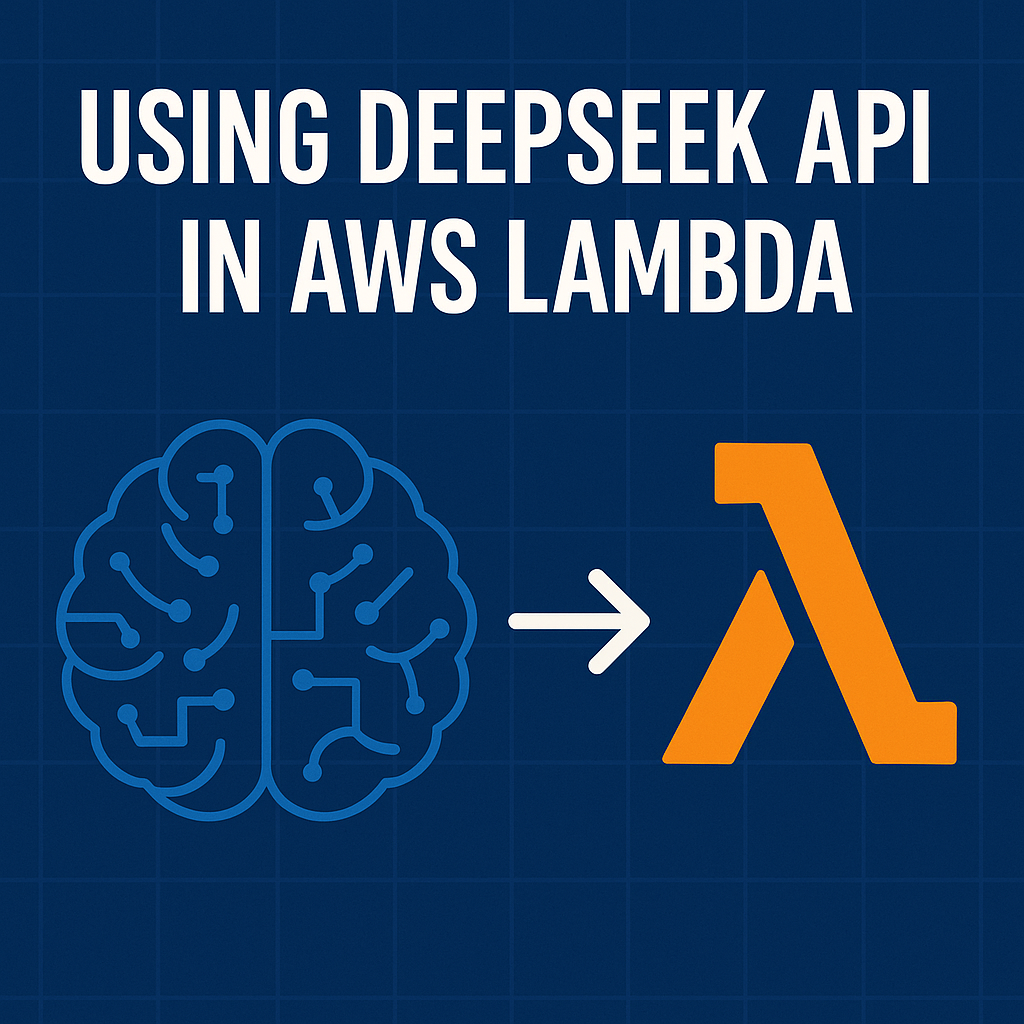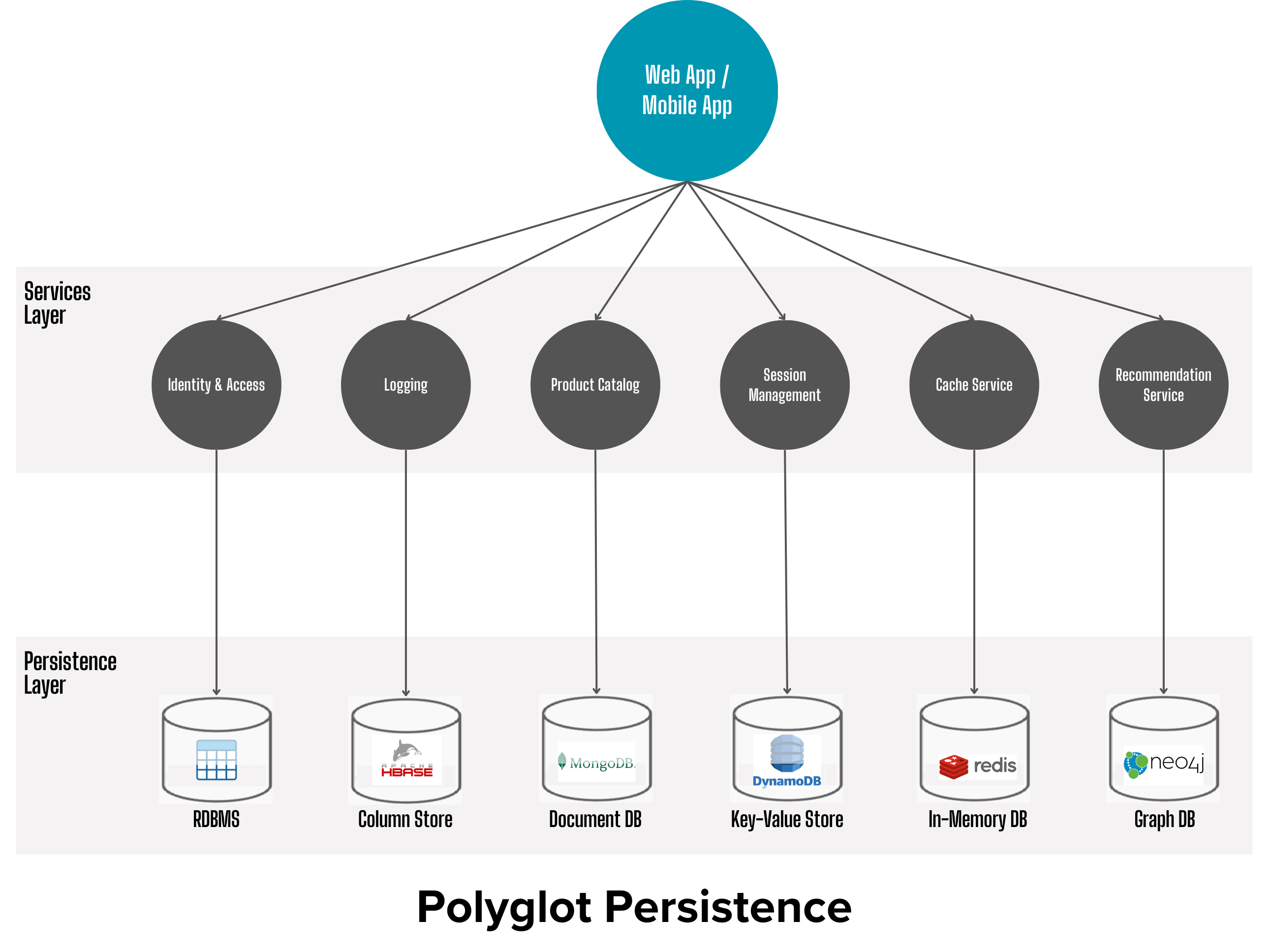
As technology continues to evolve, quantum computing emerges as one of the most groundbreaking innovations, promising to revolutionize industries from cryptography to machine learning. For software engineers, understanding quantum computing is becoming increasingly relevant as its applications begin to intersect with traditional software engineering. This article provides an overview of quantum computing concepts tailored for software engineers, exploring how it differs from classical computing, its potential use cases, and how you can start your journey into this exciting field.
Contents
What is Quantum Computing?
Quantum computing harnesses the principles of quantum mechanics to process information. Unlike classical computers, which use bits (0s and 1s) as their fundamental unit of information, quantum computers use qubits. A bit in classical computing can represent either a 0 or 1 at any given time. However, due to a quantum property called superposition, a qubit can represent both 0 and 1 simultaneously.
Other key principles of quantum mechanics that power quantum computing include:
- Entanglement: A phenomenon where qubits become interconnected, allowing the state of one qubit to influence the state of another, regardless of the distance between them.
- Quantum Interference: The ability to amplify correct solutions while canceling out incorrect ones through the manipulation of quantum states.
These principles enable quantum computers to perform certain calculations exponentially faster than classical computers. Quantum computing isn’t intended to replace classical computing but rather to complement it by solving problems that are infeasible for traditional systems.
How Quantum Computing Differs from Classical Computing
| Feature | Classical Computing | Quantum Computing |
|---|---|---|
| Information Unit | Bits (0 or 1) | Qubits (0, 1, or both) |
| Processing Power | Linear | Exponential (for certain tasks) |
| Execution Model | Deterministic | Probabilistic |
| Key Operations | Logical gates (AND, OR) | Quantum gates (Hadamard, CNOT) |
| Error Tolerance | High | Low (requires quantum error correction) |
Applications of Quantum Computing
1. Cryptography
Quantum computing poses a threat to classical encryption algorithms like RSA, as it can factorize large numbers efficiently using Shor’s algorithm. However, it also enables the development of quantum-safe cryptography.
2. Optimization Problems
Quantum computers excel at solving complex optimization problems, such as route optimization in logistics or portfolio optimization in finance, using algorithms like the Quantum Approximate Optimization Algorithm (QAOA).
3. Machine Learning
Quantum Machine Learning (QML) leverages quantum algorithms to process vast datasets and uncover patterns more efficiently than classical methods.
4. Drug Discovery and Material Science
Quantum computing enables precise simulations of molecular interactions, accelerating the discovery of new drugs and advanced materials.
5. Financial Modeling
In finance, quantum computing can model complex systems to predict market behavior or assess risks with greater accuracy.
How to Get Started with Quantum Computing
For software engineers looking to explore quantum computing, here’s a step-by-step guide:
1. Learn the Basics of Quantum Mechanics
Start by understanding foundational quantum principles like superposition, entanglement, and quantum gates. Resources like the book Quantum Computing for Computer Scientists or online courses can be valuable. Head on to the Further Learning section for more information.
2. Familiarize Yourself with Quantum Programming Languages
- Qiskit: A Python-based open-source framework developed by IBM for programming quantum computers.
- Cirq: Google’s library for developing quantum circuits.
- Q#: Microsoft’s quantum programming language, integrated with its Quantum Development Kit.
3. Experiment with Quantum Simulators
Many platforms provide access to quantum simulators, allowing you to write and test quantum algorithms without requiring physical quantum hardware. Examples include:
4. Understand Quantum Algorithms
Study algorithms like:
- Shor’s Algorithm: For integer factorization.
- Grover’s Algorithm: For searching unsorted databases.
- Variational Quantum Eigensolver (VQE): For solving optimization problems.
5. Engage with the Quantum Community
Join forums, attend webinars, or participate in hackathons to learn from experts and collaborate on quantum projects.
Challenges in Quantum Computing
Despite its potential, quantum computing faces several challenges:
- Hardware Limitations: Quantum computers are highly sensitive to environmental noise, requiring specialized environments to maintain qubit stability.
- Scalability: Building quantum systems with a large number of qubits remains a significant hurdle.
- Error Correction: Quantum error correction is essential but computationally intensive.
- Talent Gap: The field is nascent, with a limited pool of experts.
Why Should Software Engineers Care?
Quantum computing is set to disrupt various industries, and being quantum-literate can position software engineers as pioneers in this transformative era. Understanding quantum concepts will enable you to:
- Solve real-world problems that classical computing cannot.
- Collaborate with interdisciplinary teams on cutting-edge projects.
- Stay competitive in a rapidly evolving tech landscape.
Further Learning
Refer to these links to learn more about Quantum Computing:
Conclusion
Quantum computing represents a paradigm shift in how we approach computation and computational complexity. For software engineers, now is the perfect time to explore this field and understand its implications for the future of technology. Familiarizing yourself with quantum principles, algorithms, and tools helps you unlock new opportunities and shape the quantum revolution.



Good to know about the basics of quantum computing
Thank you for the comment. Glad you found the article useful.
Nice article explaining the fundamentals of quantum computing — very informative!